Lessons for apartment buyers from the Mascot Towers crisis
The evacuation of residents from Mascot Towers has put a spotlight on the apartment sector, but buyers can still find good value — if they know what they’re doing.
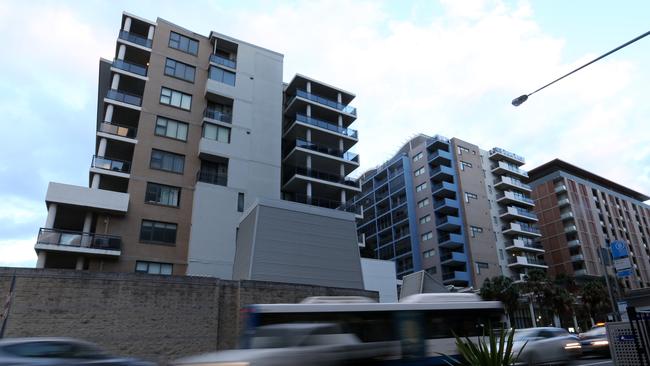
Sydney still offers good opportunities for purchasing quality apartments at fair value — provided buyers know how to assess a good buy, real estate experts claim.
The advice comes as the recent evacuations of the Opal and Mascot Towers has raised alarm bells among would-be buyers about the risks of purchasing into high-rise buildings.
Residents in both buildings were barred from returning to their homes due to concerns over dangerous cracking, with the events happening just six months apart.
MORE: Sydney prices on road to recovery
Mascot Towers crisis drives big property shift
Recent market movements have also sapped confidence in the apartment sector as falling prices and mounting housing supply raise the prospect of settlement risk for those purchasing units off the plan.
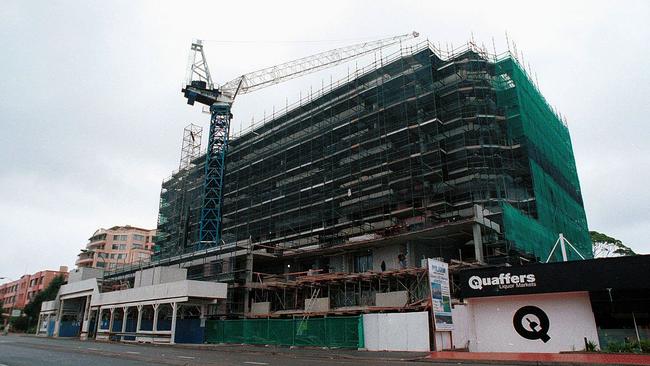
Settlement risk is where there is a strong likelihood of the market value of a property falling below its purchase or contract price in the time it takes to get built. This can then often lead to the owner holding a mortgage worth more than the property’s value.
But buyer’s agents told The Daily Telegraph it would be a mistake for home seekers to overlook unit deals considering they remained considerably cheaper than houses.
MORE: Opportunity closing for bargain hunters
Renovation show rescues fire damaged home
Research from CoreLogic revealed Sydney apartments remain on average about $200,000 cheaper than detached houses. Units have also grown in value at a similar rate to houses over the past decade, posting average annual growth of 6.5 per cent compared to 7.3 per cent for houses.
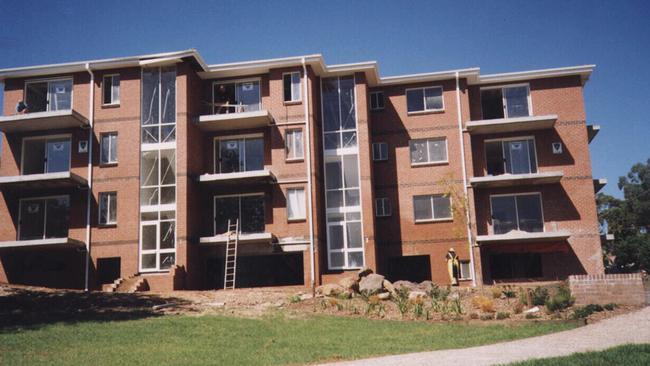
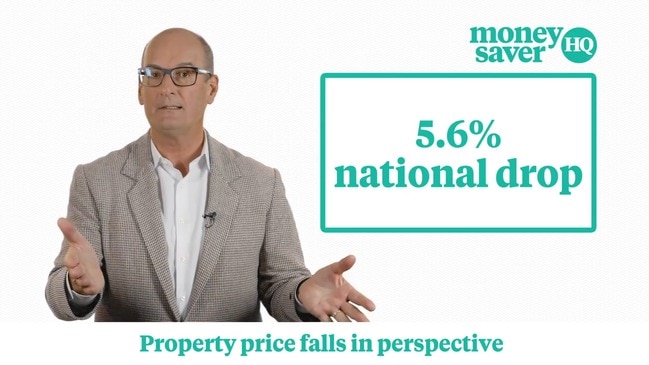
CoreLogic research analyst Cameron Kusher said there were still pockets of the city where units were in high demand, which were keeping prices steady, but construction hubs were falling out of favour.
Empower Wealth buyer’s agent Bryce Holdaway said the key to making a savvy unit purchase in a falling market was to be cautious about buying into excessively large buildings with hundreds of units.
Each project was worth assessing on its own merits but, in general, apartments in large buildings seldom appreciated in value quickly and were difficult to sell in a hurry if needed because there was no scarcity value, Mr Holdaway said.
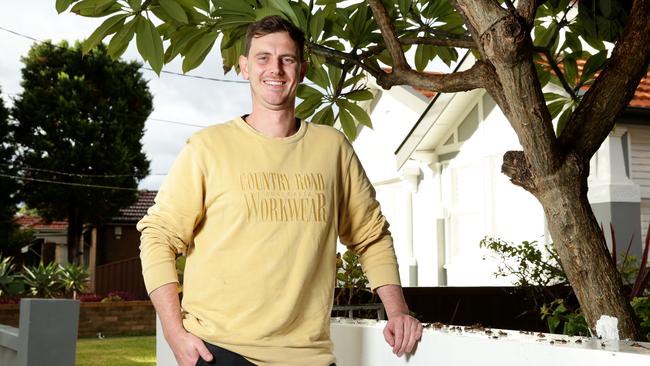
Mr Holdaway added that smaller apartment buildings of three or four levels in established suburbs were often a safer bet. This was particularly true for older unit blocks, which were often built with higher ceilings and near amenities, he said.
Being near amenities was important for unit buyers because it ensured long-term demand for the local homes, which reduced the risk of prices falling after the purchase, according to Mr Holdaway.
“Property in blue-chip suburbs has the best (record) for growth,” he said.
Property Investors Council of Australia chair Ben Kingsley said those intent on new units should research the developers involved.
Mr Kingsley added that buyers should consider overly generous special extras from developers as a red flag.
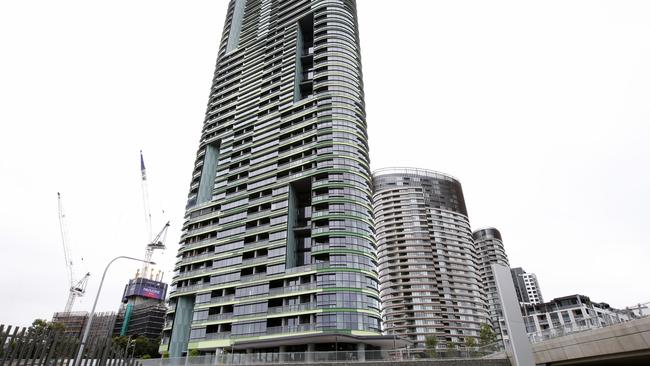
Developers commonly offered some form of small incentive to help sell their projects but large bonuses and giveaways often indicated their projects were not selling well — typically because of oversupply, he said.
“If the demand (for the units) was good the developers wouldn’t need to make big offers,” Mr Kingsley said.
Recent “special” deals offered across Sydney unit projects included a 12-month mortgage-free period, stamp duty discounts, furniture vouchers and $50,000 “bonuses”.
SQM Research director Louis Christopher said developers usually made these offers in a weak market to avoid slashing their prices and they often indicated the homes were overvalued.
But not everyone is viewing reduced housing demand as a negative. Home seeker Conor Fraser said recent market changes made him feel “re-energised”.
SIGN UP TO THE NSW REAL ESTATE NEWSLETTER
“I think it’s a great time (to buy),” he said. I’m waiting for the right property to come along.”
ANZ research showed the deposit hurdle has also been lowering — the average buyer is taking two years quicker to save a 20 per cent deposit than in 2017.
Originally published as Lessons for apartment buyers from the Mascot Towers crisis
